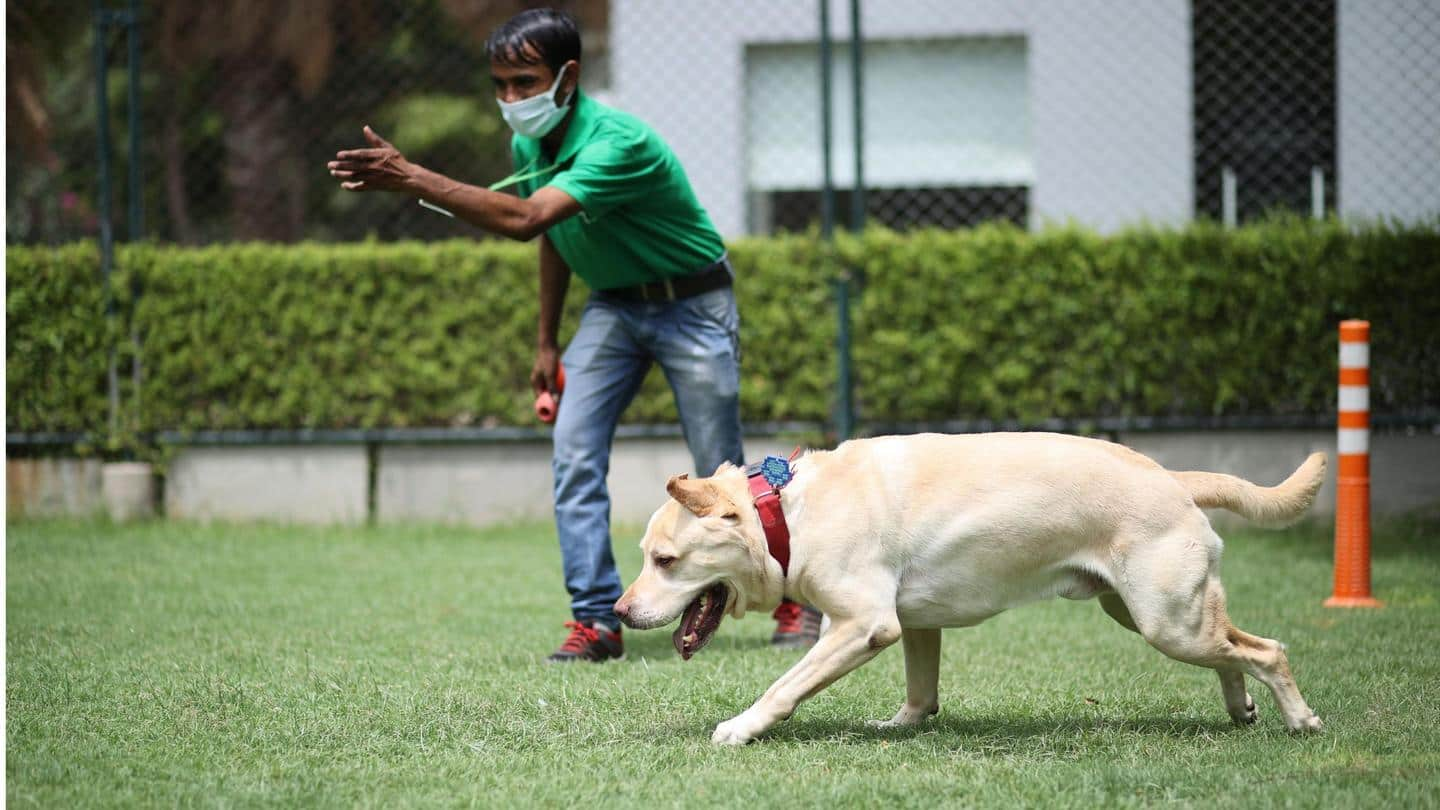
5 winter care tips for your furry companions
What's the story
Both you and your pets need good care when the mercury drops.
If you thought that furry coat was enough to keep them warm, you are one of the many pet parents who make the same mistake.
You must make sure that your pet is healthy and comfortable.
Dr. Vinod Sharma, Head of veterinary services-DCC animal hospital and pet care, shares some winter tips.
Quote
Expert opinion
"Cold weather could exacerbate several conditions in pets, such as arthritis, diabetes, or heart disease. Similarly, younger or older pets may have very different requirements. A yearly wellness exam is always a good idea, and there's no better time like the winter," says Dr. Sharma.
#1
Get to know the temperature your pets can handle
You need to understand your pet's tolerance based on several factors including their coat, body fat stores, activity level, and overall health.
While long-haired or thick-coated pets are usually more cold-resistant, short-haired or those with shorter legs feel colder because of the increased exposure.
So, make sure your pet is wearing a coat made for them, and check on them regularly.
#2
Make sure their bedding is warm and comfortable
While we all know how much our pets love claiming every spot in the house as their own, we should still make sure they have a space of their own that is adequately warm and cozy.
Additionally, if you have any kind of heaters or fireplaces in the house, make sure they are pet-proofed, and your pets don't accidentally hurt themselves.
#3
Moisturize and keep them hydrated
Dry and cold weather can be bad for your pets' skin.
Consult your veterinarian and add a skin and coat supplement to their food to prevent dry, flaky, or cracked skin.
Coconut oil is also a great natural moisturizer for external applications.
Winters lower the water consumption of pets, causing dehydration which can be life-threatening. Make sure that they drink adequate water.
#4
Avoid having open sources of water around
Standing water can carry several kinds of parasites and toxins, and can become breeding grounds for disease-spreading insects. This could cause digestive issues and severe health complications for them.
When taking your pet outdoors, make sure they don't drink from any outside water source or puddles.
Also, avoid having any open water containers in the house. Keep filling their water bowl at frequent intervals.
#5
Avoid overfeeding them
There is a common misconception that increasing the food intake of your pets might protect them from the cold, but that could be disastrous for them.
You need to carefully monitor your pets' weight throughout the season to make sure they're at a healthy weight and adjust their calorie intake based on the level of activity.
You can consult a veterinarian for a diet.